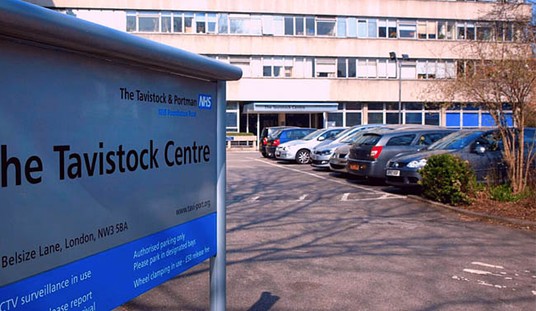This seems like such a simple question that even a Washington bureaucrat should be able to answer it. Does the President’s budget increase spending over the agreement reached on spending last year in the budget compromise? Not only could acting OMB director Jeffrey Zients not answer it, Sen. Jeff Sessions actually gets Zients to say that the “sequester” is important policy in one breath and then admit to replacing it because it’s poor policy in the next. No, really:
You think I’m kidding? Pick this up at around the 2:45 mark and you will hear this verbatim from Zients, emphasis mine: “The President is not proposing that the sequester go away. The sequester is a very important force and function for us to do deficit reduction. So the sequester will be replaced with a balanced approach to deficit reduction. The sequester itself is bad policy.” Now that there is authentic Washington gibberish.
Dana Milbank doesn’t seem to have any problem admitting that the Obama budget blows the lid off of spending:
But as a budget writer, Obama whiffed. The Committee for a Responsible Federal Budget, although offering a few kind words for the president’s proposal, said the plan “would barely stabilize the debt — and at too high a level.”
The budget calls for hundreds of billions of dollars in new spending. It shows deficits exceeding $600 billion in every year but one over the next decade, while the debt grows to $18.7 trillion. …
Reuters’s Caren Bohan asked about Obama’s promise, upon entering the White House, to cut the deficit in half by the end of his term. Zients and Sperling looked at each other and hesitated. “When the president came into office, we knew things weren’t in good shape, but we didn’t realize how bad they actually were,” Zients finally answered.
The Washington Post’s Lori Montgomery asked why the projected debt had swelled by $1 trillion since September. Zients spoke about “differences in economic assumptions.”
But that didn’t hold up, because the Economist’s Greg Ip pointed out that the White House is using an optimistic 3 percent forecast for economic growth this year, higher than the Federal Reserve and private-sector forecasts.
When even the Beltway media points out that the Obama White House is engaging in double-talk on budgets, look for sharks jumping in the Potomac.







Join the conversation as a VIP Member